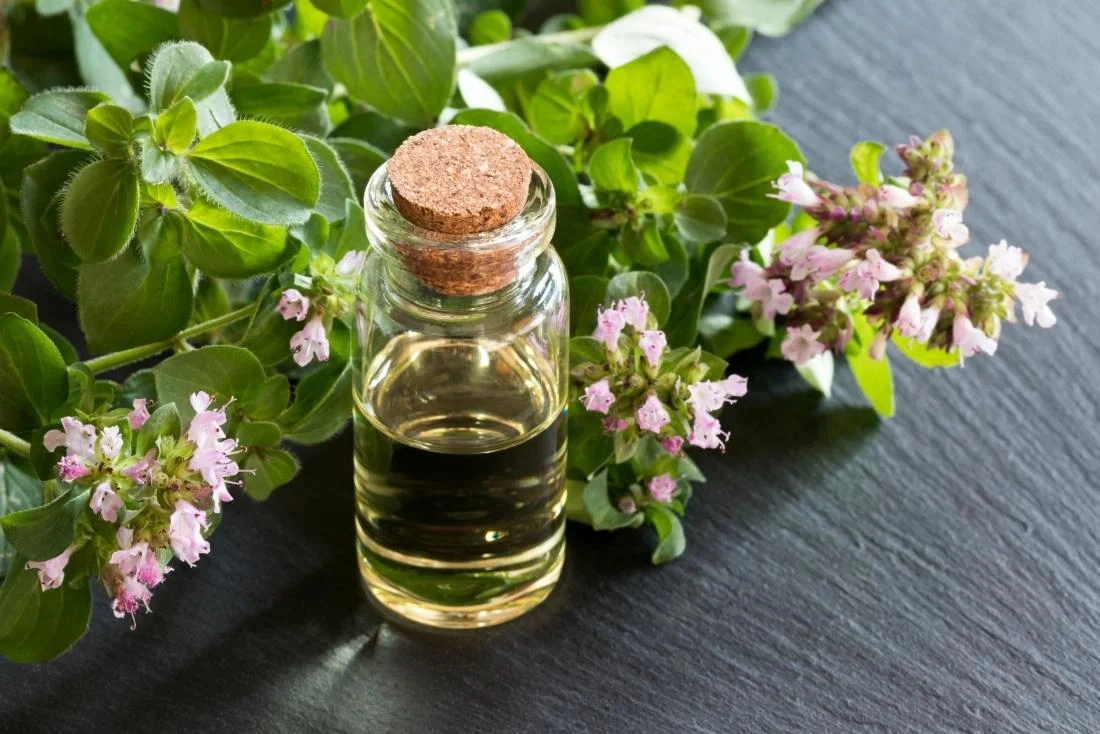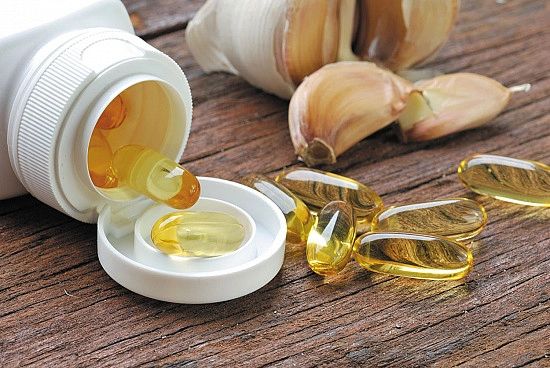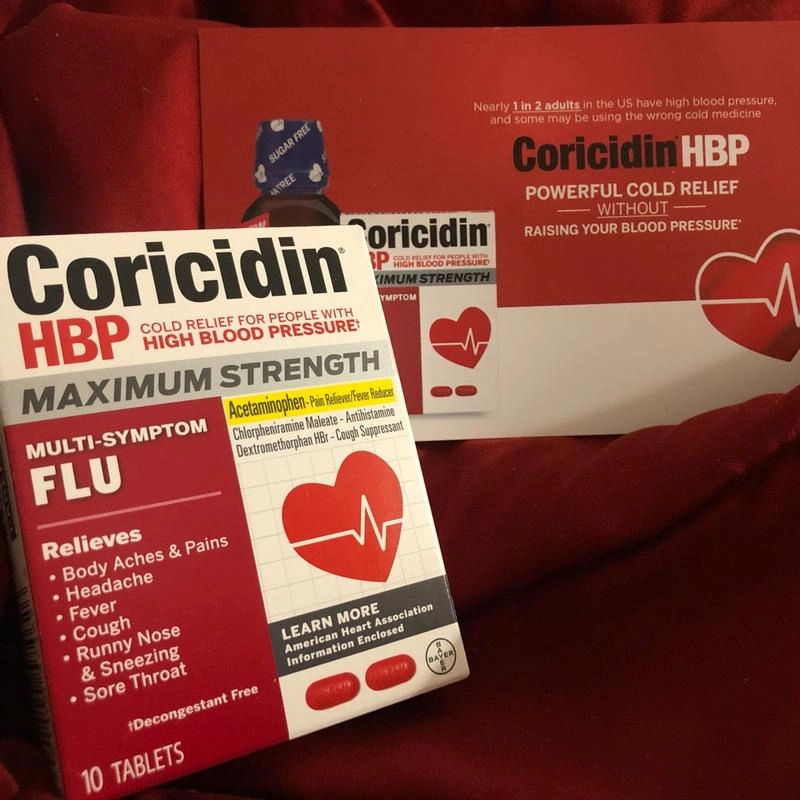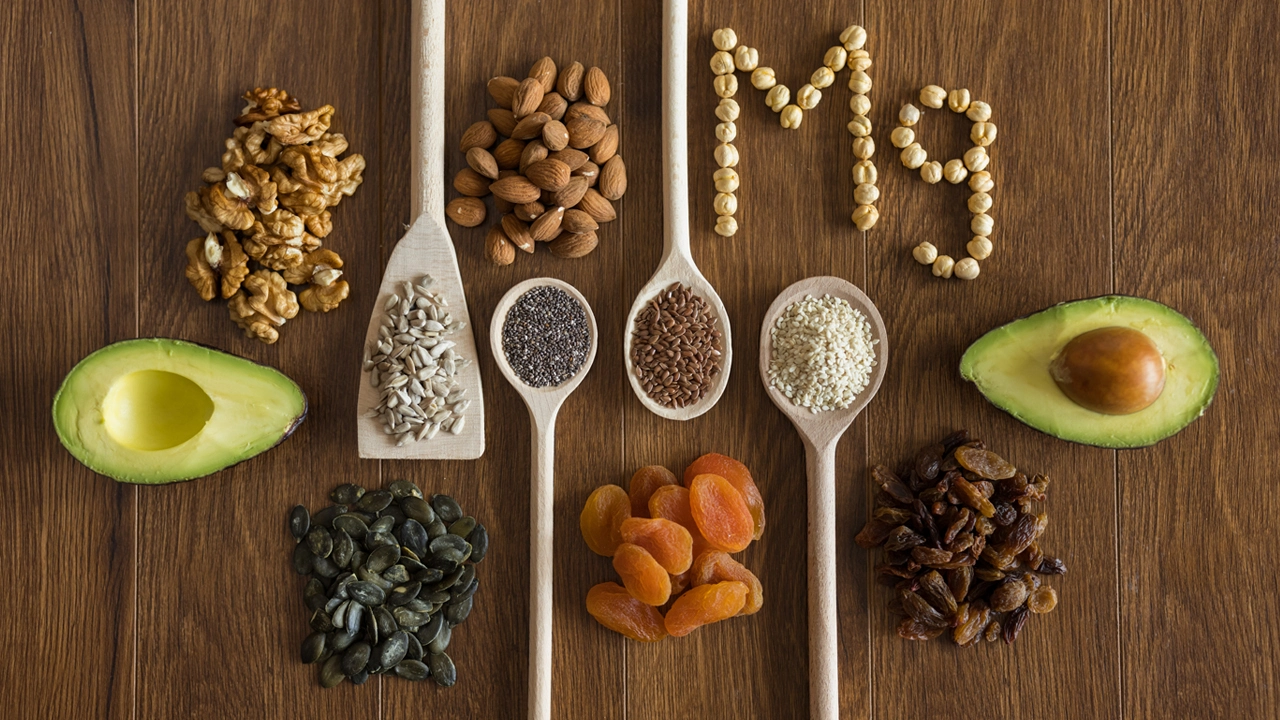Nutrition for Eye Care: You should know that nutrients like antioxidants, minerals, and vitamins A, C, and E may help preserve eye health, shield your eyes from damaging light, and slow the onset of age-related degenerative disorders. As you age, your chance of getting an eye condition rises.
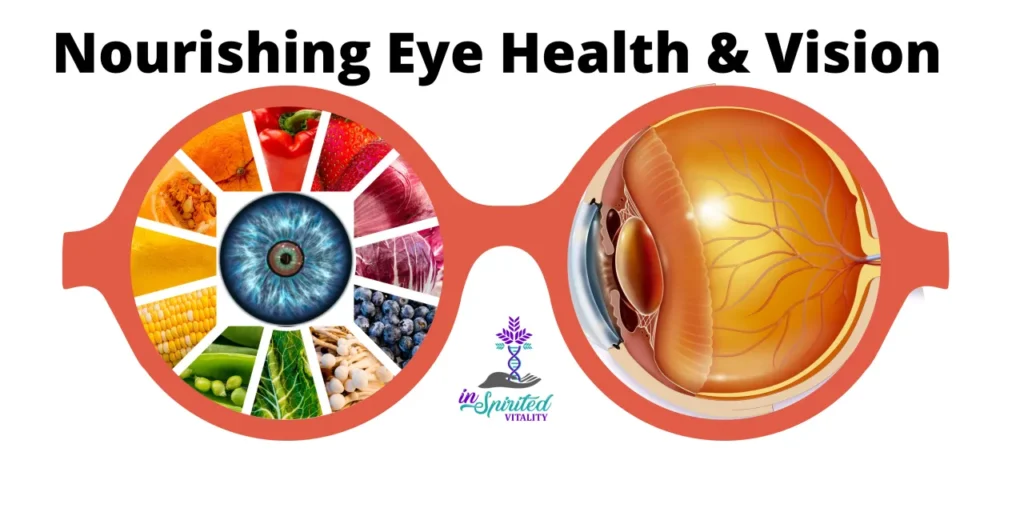
Glaucoma, dry eye syndrome, diabetic retinopathy, cataracts, and macular degeneration are the most common eye disorders.
While your genes may also contribute to the development of many ailments, your diet may have a major impact. The following is a list of the key components of eye care nutrition.
1. Vitamin A
The light-sensing cells in your eyes, called photoreceptors, depend on vitamin A to stay healthy. Insufficient consumption of vitamin A can lead to the following symptoms:
- Blindness at night
- eyes that are dry
- further severe eye disorders
This is dependent on the extent of your insufficiency, which is one of the leading causes of blindness in developing nations but infrequently in the US. The active form of vitamin A, retinol, is only found in meals originating from animals. The most abundant food sources consist of:
- liver
- yolks of eggs
- dairy items
Additionally, your body has the ability to produce retinol from provitamin A carotenoids, which are antioxidant plant chemicals. These are found in large quantities in many fruits and vegetables. About 30% of people’s vitamin A needs are met by provitamin A carotenoids. Beta-carotene is the most effective and is present in large quantities in:
- Kale
- spinach
- Carrots
Develop an awareness of the nutrients you consume. You can identify nutritional deficiencies and make well-informed decisions about what you eat by using micronutrient tests.t.
2. Lutein and zeaxanthin
Macular pigments are carotenoid antioxidants that include lutein and zeaxanthin. The macula, the middle portion of your retina, is where they are concentrated. Zeaxanthin and lutein serve as your eyes’ natural sunscreen. They are believed to be essential in shielding your eyes from damaging blue light.
According to the Age-Related Eye Disease Study 2 (AREDS2), zeaxanthin and lutein lower the chance that age-related macular degeneration (AMD) would proceed to more severe forms. In meals, lutein and zeaxanthin typically coexist. The top resources include:
- spinach
- lettuce
- Kale
- Parsley
- Pistachios
- Green peas
- yolks of eggs
- corn that is sweet
- Pumpkin
Because of their high fat content, egg yolks are regarded as one of the top sources of lutein and zeaxanthin. Carotenoids are better absorbed by your body when consumed with good fats.
3. Omega-3 fatty acids
The health of the eyes depends on the long-chain omega-3 fatty acids EPA and DHA. Your retina contains large levels of DHA, which may support eye function. Additionally, it is crucial for the development of the brain and eyes in infancy. A lack of DHA might cause eyesight problems.
According to research from 2023, people with dry eye condition may benefit from taking omega-3 supplements. By promoting the production of tear fluid, EPA and DHA supplements dramatically decreased the symptoms of dry eyes.
However, recent research has produced contradictory findings. In a 2024 randomized study, there was no discernible difference between the supplement and placebo groups regarding the impact of omega-3 fatty acids on diabetic retinopathy. Additionally, AREDS2 discovered that omega-3 supplements have no effect on AMD or cataracts.
4. Omega-6 fatty acids
Gamma-linolenic acid (GLA), an omega-6 fatty acid that is present in trace amounts in the typical diet and may have anti-inflammatory effects, is abundant in evening primrose oil. Evening primrose oil may lessen the symptoms of dry eye illness, according to some research.
It’s critical to maintain the right ratio of omega-6 to omega-3. Studies indicate that an omega-6 to omega-3 ratio of no more than 4 to 1 is adequate. You should consume far more omega-3 fatty acids than omega-6 fatty acids.
5. Vitamin C
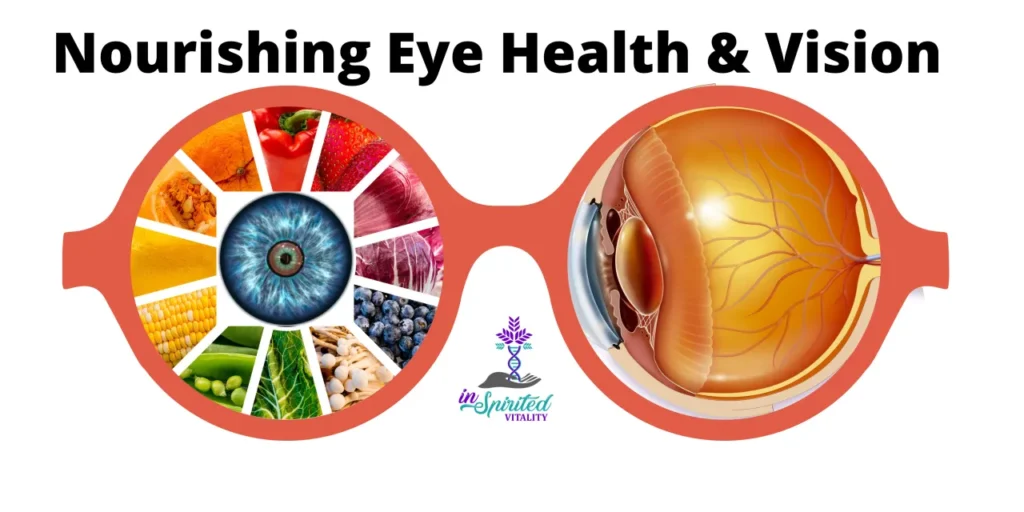
Although there aren’t many controlled research on vitamin C’s impact in eye health, it may be particularly vital for your eyes. The aqueous humor, a transparent layer of fluid in the eye, may contain 20 times more vitamin C than blood plasma.
A 2017 study found that the amount of vitamin C in the aqueous humor might be directly correlated with intravenous consumption. Consuming meals high in vitamin C or taking supplements can help you focus better.
Excessive dosages could hasten their growth. Numerous fruits and vegetables contain high levels of vitamin C, such as:
- peppers
- Citrus fruits
- Guavas
- Kale
- Broccoli
6. Vitamin E
Fatty acids are shielded from damaging oxidation by vitamin E. A sufficient intake of vitamin E is essential for the best possible eye health since your retina has a high concentration of fatty acids.
Even though blindness and retinal degeneration can result from a severe vitamin E deficit, it’s uncertain if taking supplements can help if your diet currently contains enough of the vitamin.
According to a 2024 investigation, taking vitamin E on a regular basis along with vitamin B6 and niacin (vitamin B3) may lower the chance of developing cataracts. However, the study doesn’t say if participants got their vitamin E from diet or pills.
According to AREDS/AREDS2, vitamin E might not be able to stop or reduce the development of cataracts. The following are the top dietary sources of vitamin E:
- Almonds
- Sunflower seeds
- Flaxseed oil and other vegetable oils
7. Zinc
There is a lot of zinc in your eyes. Additionally, zinc may help your retina produce vision pigments. Night blindness may result from a deficit.
According to the findings of AREDS/AREDS2, taking supplements containing 80 mg of zinc, such as AREDS or AREDS 2, may lower the risk of progression from intermediate to advanced AMD by almost 25%. However, further research is required before making firm conclusions. Zinc can be found in the following foods:
- Oysters
- meat.
- Pumpkin seeds
- Peanuts
Summary
Many chronic diseases, including eye disorders, may be avoided by healthy lifestyle choices, including eating a balanced diet and getting frequent exercise.
Your eye health may also be improved by consuming enough amounts of minerals like zinc, antioxidants like lutein and zeaxanthin, and vitamins A, C, and E. Don’t disregard your other bodily parts. Your eyes will probably remain healthy if you follow a diet that maintains the health of your entire body.

